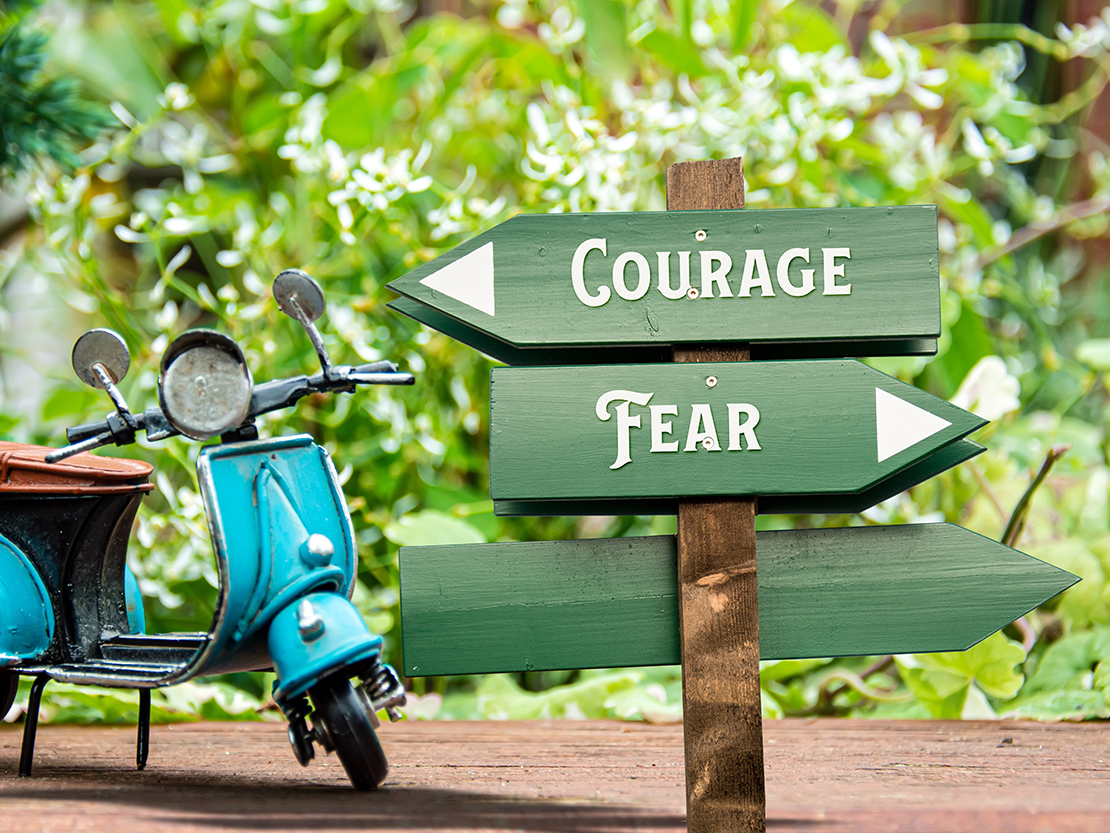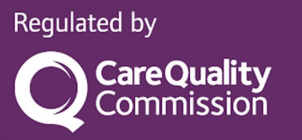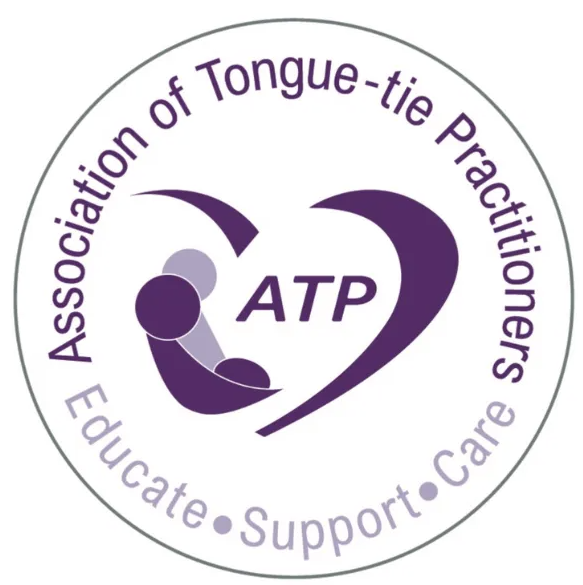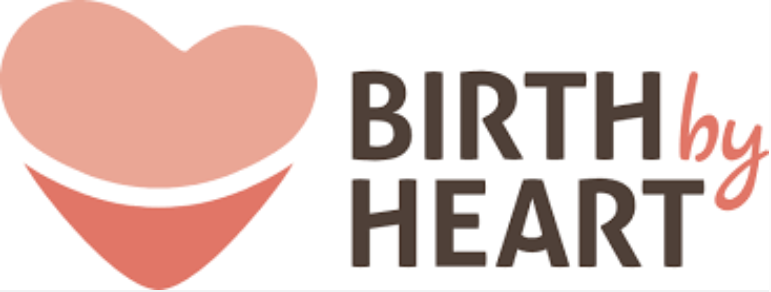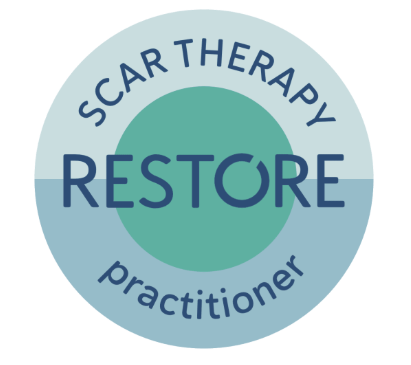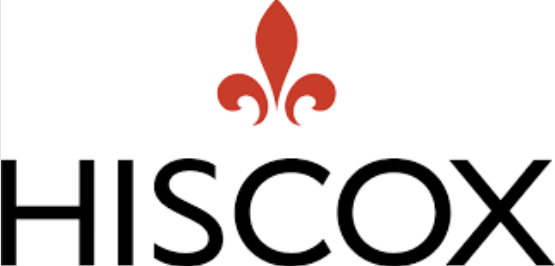Maternity Specific Complementary Therapies
Maternity Specific Complementary Therapies
Complementary medicine is the use of traditional medicinal knowledge alongside conventional medicine. Maternity Specific Complementary Therapies became popular again during the 1980’s. Women began to recognise that the medical system was more suited for illness and health concerns rather than a normal and physiological healthy experience. However, support is still needed to help the process feel easier and more positive when feeling discomfort or concerns arise. However, the reason the term Complementary is used here, is because you do not have to choose one or the other! Medical advancement certainly has its uses and has saved lives and offered opportunity, but the concern many women now have is the overuse of medical practice interference. Additionally, many women wish to avoid pharmacological drugs and therefore have the expectation to just ‘keep calm and carry on’ when struggling with common pregnancy related concerns. This is where Maternity specific complementary medicine becomes useful.
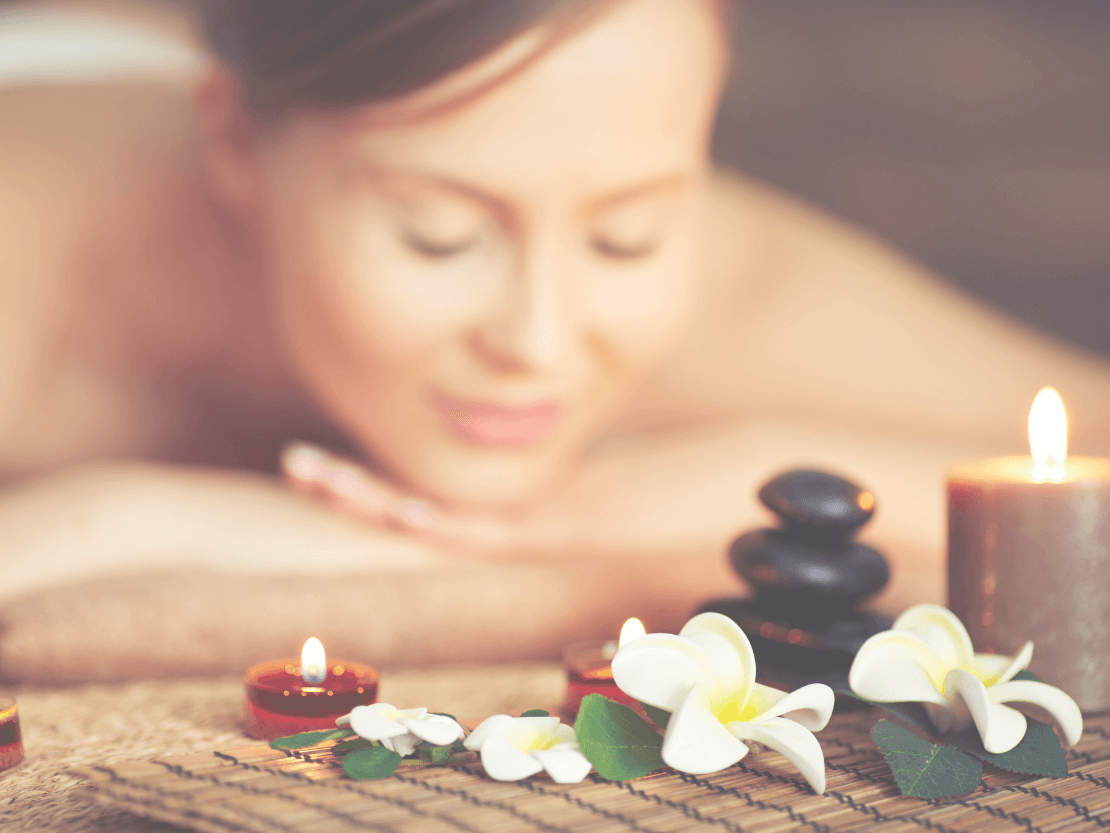
Complementary Therapies have been used for hundreds of thousands of years. Prior to conventional medicine, plants and manual treatments would have been used by families regularly and passed down through generations. These traditional treatments have been maintained in some parts of the world, but western medicine became more scientific and laboratory based during the 18th century. Technological advancement and the rapid growth of cities and the nuclear family set up changed how we treat ailments or health concerns. Funding, profitable opportunities through research and licensing, and standardisation, alongside public health initiatives led to a disconnect in the western world to have introspection and respect for the bodies innate ability to heal with the right care and nutrition. For many years, any other way of treating concerns was considered ‘alternative’ or ‘traditional’, but in the last forty years, the use of complementary medicine has grown.
Sometimes traditional medicine is clearly being used to create a more accepted western version. For example, Western Medical Acupuncture (WMA) is an evidence based approach using anatomy and the nervous system as markers with some research findings to support the use of acupoints; While Traditional Chinese Medicine (TCM) uses energies (Qi) which are running through meridians focusing on achieving balance in the entire body and mind. TCM considers a range of elements, such as heat, cold, dryness, dampness, excessiveness, stagnation, or deficiency. Acupoints are then chosen and either needled or pressure applied to achieve balance and aid healing. You will find although the names are different, the points used in WMA are exactly the same as the points used in TCM. Acupuncture is helpful for many concerns to support the body and mind while trying to conceive, during pregnancy, for birth, and for postnatal recovery. Sometimes just one treatment can be powerful enough to experience improvement. Acupuncture is commonly used to support fertility and reduce pain, but is also very effective to use for emotional concerns or nourishing mum and baby throughout pregnancy.
Aromatherapy is a popular modality used throughout the world. The use of aromatic medicine dates back to 4500 BC in Egypt where the extraction and use of aromatic oils was pioneered. The use of essential oils (EO’s) spread throughout the world over the next few centuries with records in India, China, Greece, and Rome. In the Arabian world, Ibn Sina also known as Avicenna invented a distillation method to to extract a purer essential oil in 1000 AD. There are stories throughout history where EO’s from plants and trees were then rediscovered. In 1910 a famous chemist and perfumer severely burned his hand and quickly placed it into a vat of Lavender when he discovered his hand healed quickly and painlessly without scarring compared to previous incidents and wrote a book about aromatherapy, and this is when modern aromatherapy is thought to have become established. Interestingly, many life saving medicines main active ingredients are derived from plants. Although EO’s come from a natural source, they are highly concentrated and do have a pharmacological action metabolised in the same way as medicine. Research studies have proven the efficacy and safety of certain essential oils used for pregnancy and birth when good quality oils are used appropriately, but not all EO’s are suitable, and some are only suitable after 37 weeks. Maternity Specific aromatherapy practised by Midwives offers women the advantage of the great benefits of using EO’s in a safe way when pregnancy physiology is understood. Maternity specific aromatherapy oils have been shown to have pain relieving properties, reducing blood pressure, uplifting oils, anxiety reducing, aiding sleep and digestion, reducing nausea and headaches, reducing oedema and even for encouraging uterine activity! One study of over 8,000 women was shown to significantly reduce the need for opiate and epidural use during labour and birth.
Unfortunately, most research is funded by huge and powerful pharmaceutical companies who also fund medical training, and therefore, aromatherapy along with other useful complementary therapies carry no incentive to study. The empirical evidence is supported however by the fact these modalities have continued to be used and ‘rediscovered’ over thousands of years!
Massage is the most common of all the complementary therapies used during pregnancy. Considered a lovely treat, and most often used to ease muscular skeletal pain or tension in the body. However, because most massage therapists work within spa’s or beauty treatment rooms, it is the most underestimated to treat health concerns. Did you know massage has been shown to improve immunity, aid excretory organs to expel toxins from the body, reduce stress related gut issues and insomnia, improve circulation, and even lower blood pressure if elevated. A full body massage is undoubtedly a wonderful experience, and deeply relaxing in the right environment and with the right techniques and pressure. Some therapists will be nervous about treating pregnant clients and completely avoid the lower legs as there are acupoints considered to be forbidden points during pregnancy and associated with encouraging labour. However, a therapist who has also had training in acupuncture can easily identify and avoid stimulating these points without completely avoiding other areas nearby which carry huge health benefits for mother and baby. Additionally, a midwife with pregnancy physiology knowledge will understand potential risks and areas to support healing safely and will be confident to offer a full and complete massage.
Reflex Zone Therapy (RZT) is a branch of Reflexology developed by German Midwives in the 1950’s specifically to support women during pregnancy, for birth, and post-birth recovery. Mainly offered by Midwives, Healthcare professionals and Physiotherapists as it is a more clinical approach when compared to reflexology. Using a map on the feet relating to organs and parts of the body to sedate or stimulate as required to achieve the therapeutic effect desired. Women will access RZT from a midwife for relief from nausea, backache, pelvic girdle pain, sciatica and constipation. Once full term or during labour, RZT is often used to help with progression, and pain relief, and following birth to stimulate or supress lactation. One of the most common outcomes from RZT regardless of the main area of concern is reported to be a deeper and more restful sleep with reduced anxiety. RZT is a therapy which once discovered could easily become a firm favourite!
The scientific foundation of Clinical Hypnosis goes back to the 1700’s with advancements in the 1840’s by a Scottish surgeon who coined the term hypnosis from the Greek word for sleep. Clinical Hypnosis is the most misunderstood of the modalities as it can often be confused with stage hypnosis or hypnobirthing. Research has shown that clinical hypnosis can be useful for a wide range of conditions or concerns such as anxiety and stress, habit reversal, phobias, pain control, and even reduce hormonal symptoms. During clinical hypnosis, although it is described like a trance like state, you are in control and aware of your surroundings. The use of bespoke scripts depending on a persons temperament and concern are chosen to facilitate the slowing down of the brain waves making you more susceptible to helpful suggestions.
Moxibustion, also developed in ancient China follows the meridian referencing used for acupuncture. Moxibustion can be used to encourage a breech baby to turn to a head down presentation by burning a herb called Mugwort to heat an acupoint which is considered to warm and relax the uterus while inducing activity in the baby. Moxibustion used to turn a breech baby dates back 2,500 years and began to gain interest and recognition during the 1970’s when studies in China began to evidence effectiveness. There are some NHS hospitals in the UK which now offer Moxibustion between 33-35 weeks to turn a breech baby as evidence has shown effectiveness. Moxibustion is most effective before 36 weeks, but sometimes baby will still turn if used later. It is important that you seek a healthcare professional to support you before attempting moxibustion as there are contra-indications which would need to be considered.
At Beyond Midwives you can book a single appointment or package of therapies to be provided to you by experienced Midwives who have gained additional skills and training for the above therapies following consultation. Pregnancy and Postnatal massages can be offered with or without essential oils and no extra payment is required for this. Although we know the therapies offered can feel like a simple relaxing treat, your midwife will complete a full consultation aiming to achieve the safest and most helpful therapeutic effect. You can also ask for recommendations if you are unsure which therapy will be most beneficial to help treat any specific concerns.
If you would like to know more about each therapy, head to the ‘services’ menu
Interested in booking?
Aromatherapy Pregnancy Massage
Aromatherapy Postnatal Massage







